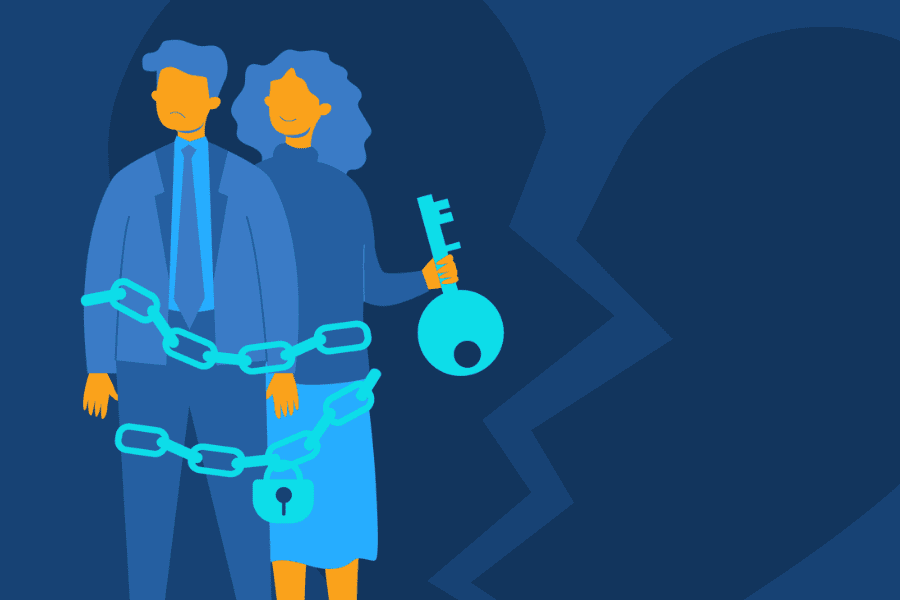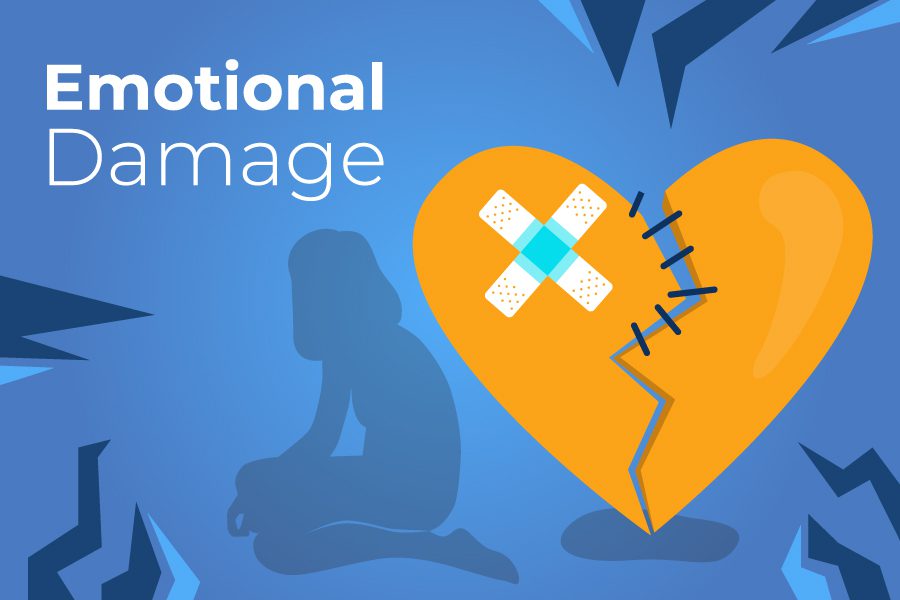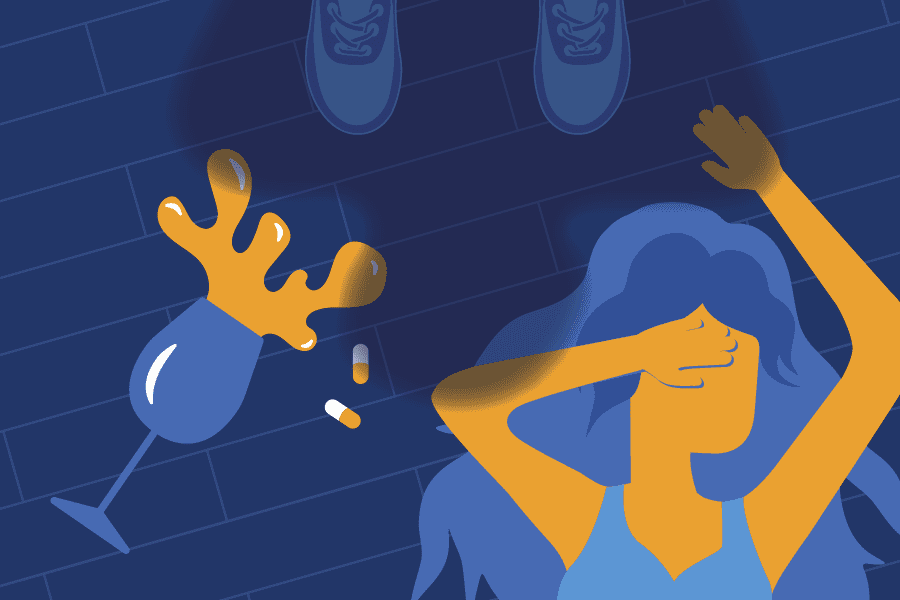Table of Contents
How Trauma Works in the Body
Dr. Peter Levine has dedicated his life to understanding how trauma works from both a scientific and therapeutic standpoint. He started by observing wild animals. Animals respond to situations based on instinct and don’t think, analyze or plan the way humans do.
When we humans get into situations we perceive as intense, the most fundamental part of the brain takes over. This is often referred to as the lizard brain and controls the fight, flight, or freeze response.
The Fight, Flight, and Freeze Responses
Imagine a gazelle seeing a cheetah running towards it. The gazelle’s brain recognizes that its survival is at stake and activates the emergency protocol, releasing a vast amount of energy for either a fight, flight, or freeze response. The gazelle flees until it either gets away or gets caught by the cheetah.
In this case, the gazelle gets caught and collapses into a catatonic state. It seems dead. It cannot feel pain or move at all in this state.
When a hyena approaches the scene, the cheetah backs off after a few weary nibbles on the antelope. While the cheetah and the hyena stare each other down, the antelope jumps up and runs away.
The scene described above demonstrates how animals react in extreme situations. Humans have the same responses, with one significant exception. When the freeze ends, we don’t generally use the rest of the energy to run away. The extra energy doesn’t get discharged. Trauma comes from this energy getting trapped in our bodies and manifesting itself in seemingly unconnected ways.
The human brain and body react just like the animals, with one key difference. We have lost touch with the instinct to pronk (jump wildly) about after a near-miss event. If our emergency protocol gets activated to some degree and we don’t use all the energy that was released to handle the threat, we end up with extra energy that gets stored in our bodies as chemicals called Neuropeptides.
The chemicals, if left unprocessed, cause a variety of symptoms we refer to as trauma. So, when people say that we all have some degree of trauma, it means that everyone has a few neuropeptides stuck in their body.
The Effect of Trauma
The result of unresolved trauma in the body is that the nervous system struggles to relax fully because the traumatic event was never fully resolved. When the energy released during the event isn’t used up, the body thinks the situation isn’t safe yet. People with trauma can be easily upset and react to situations as if they were much worse than they are.
Almost everyone has experienced this before, where they are triggered by a small incident and have a bigger reaction than the situation warrants. People struggling with post-traumatic stress disorder (PTSD) get overwhelmed by their heightened sensitivity.
Trauma and Drugs
Research suggests a strong correlation between traumatic events and substance abuse. This relationship is especially strong in adolescents. The National Survey of Adolescents indicates that teens who report that they have experienced physical or sexual abuse or assault were 3x more likely to also report substance abuse, compared to those with no reported history of abuse.
Among people in treatment for substance abuse, over 70% of them reported at least some trauma. The strong connection between childhood trauma and substance use disorders speaks to the importance of understanding trauma when dealing with substance abuse. Substances are often taken to numb the emotional pain caused by trauma. Healing trauma improves the likelihood of long-term sobriety.
Treatment for Trauma and Substance Abuse
Find a treatment option that addresses trauma as part of the recovery process. It can be scary to address the old wounds that caused trauma. Therapists and programs trained in providing trauma-informed care help process the trauma in a safe and gentle way.
Our bodies hold the trauma, so that is also where it is released. At Sandstone Care, our therapists are skilled at working with trauma and addiction, helping people to feel safe and empowered in their recovery. Call today to start the healing journey for yourself or your family.



